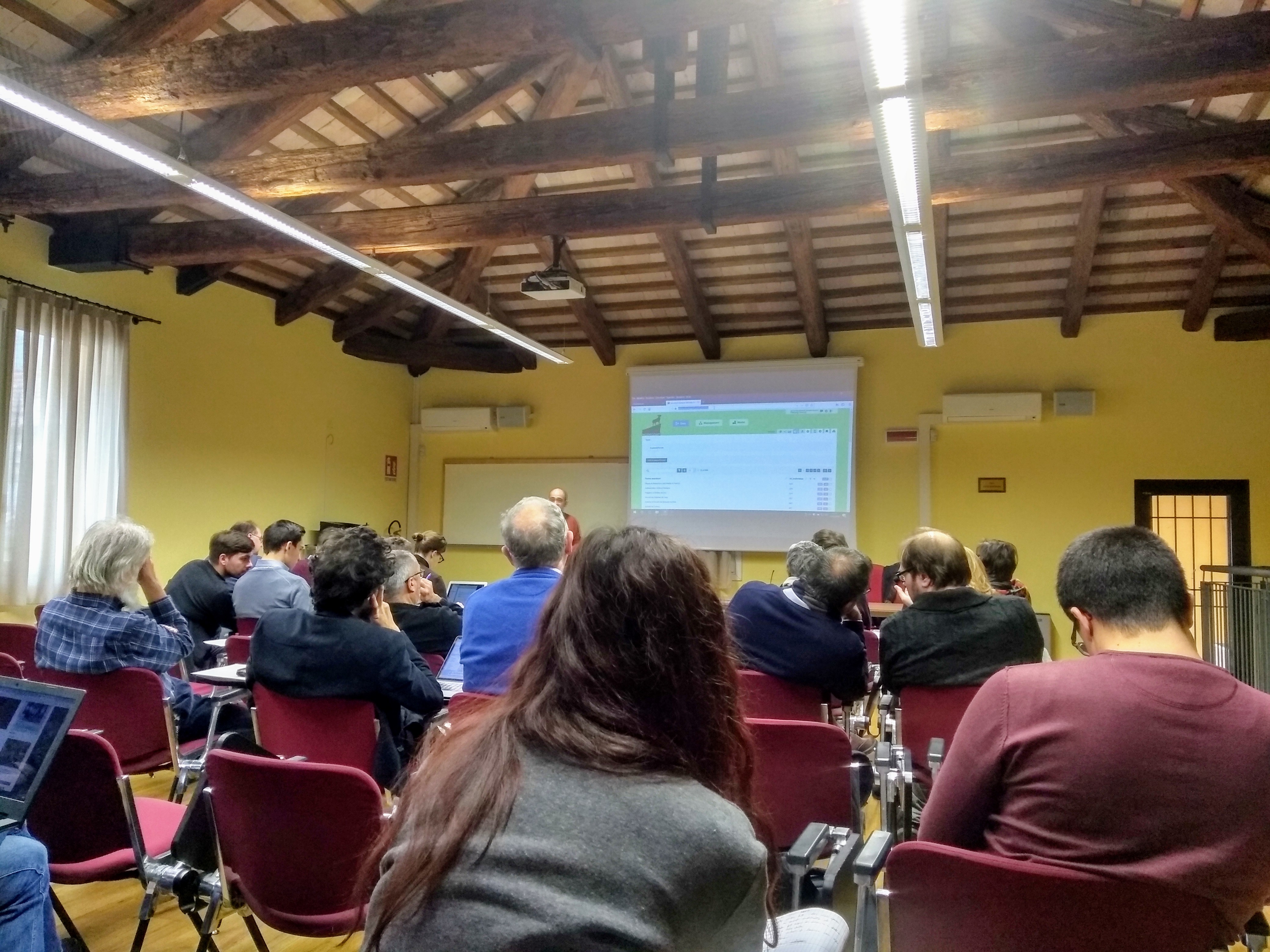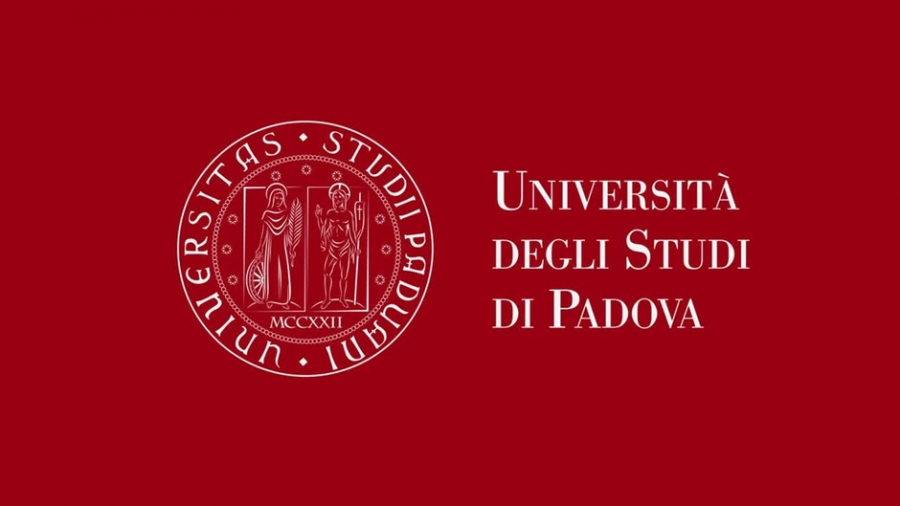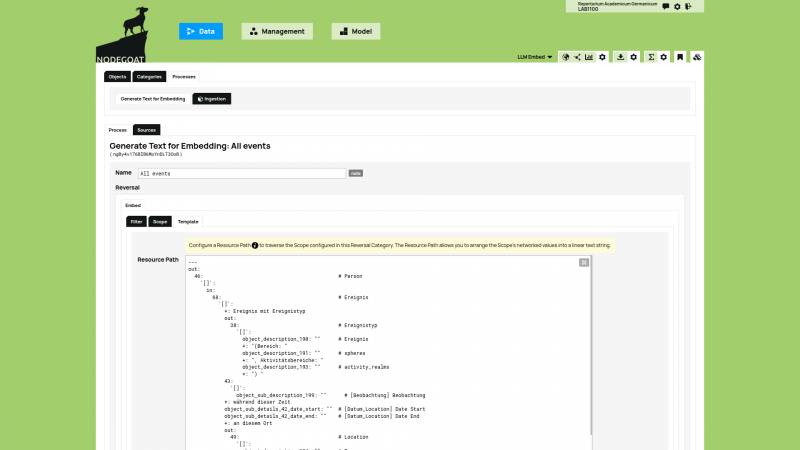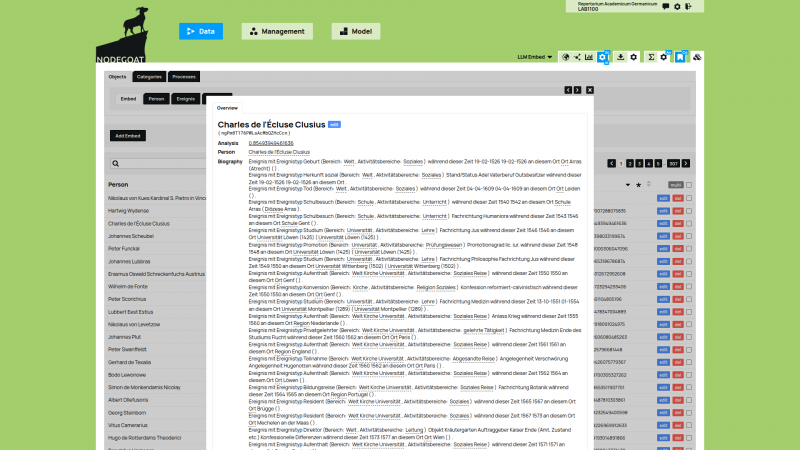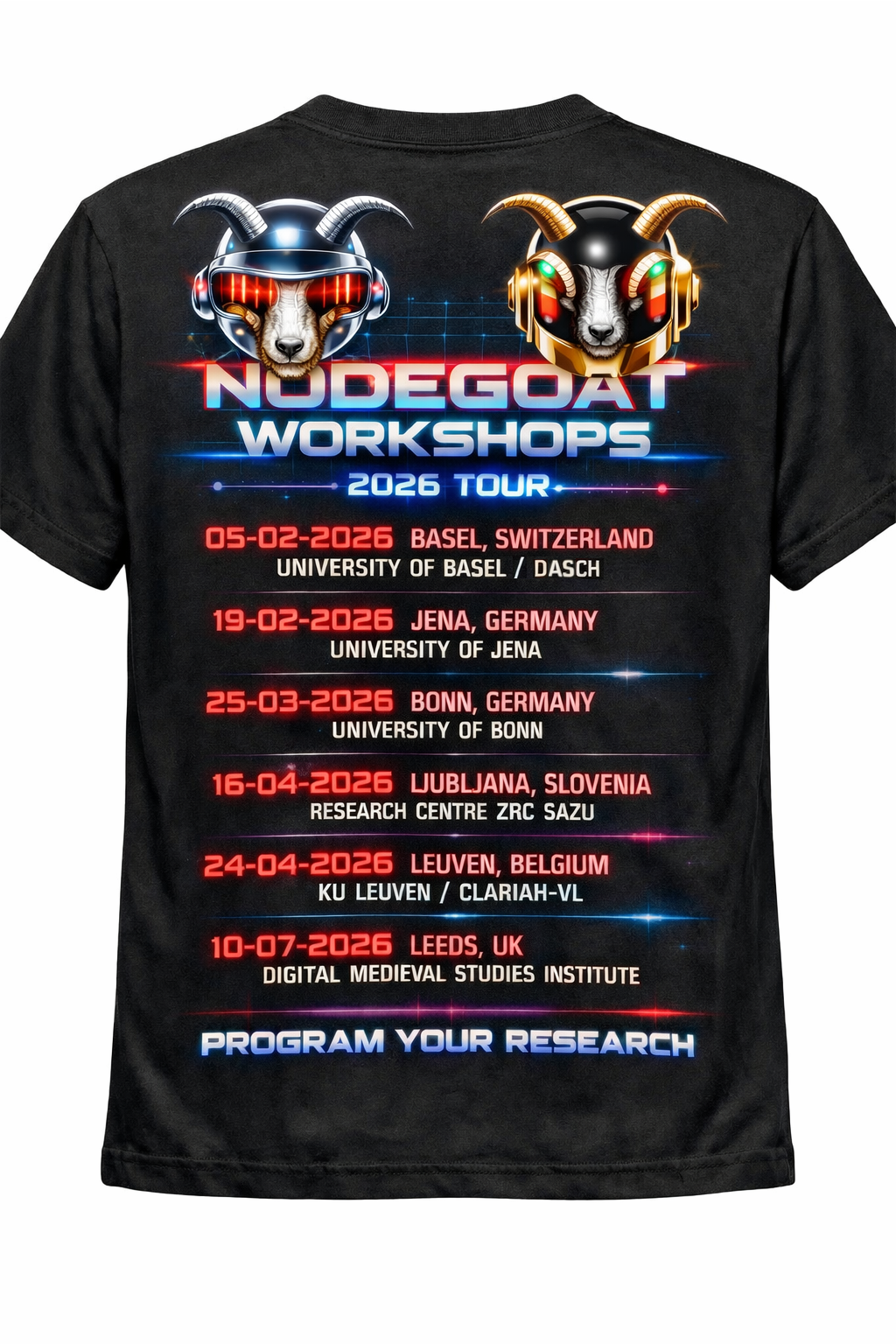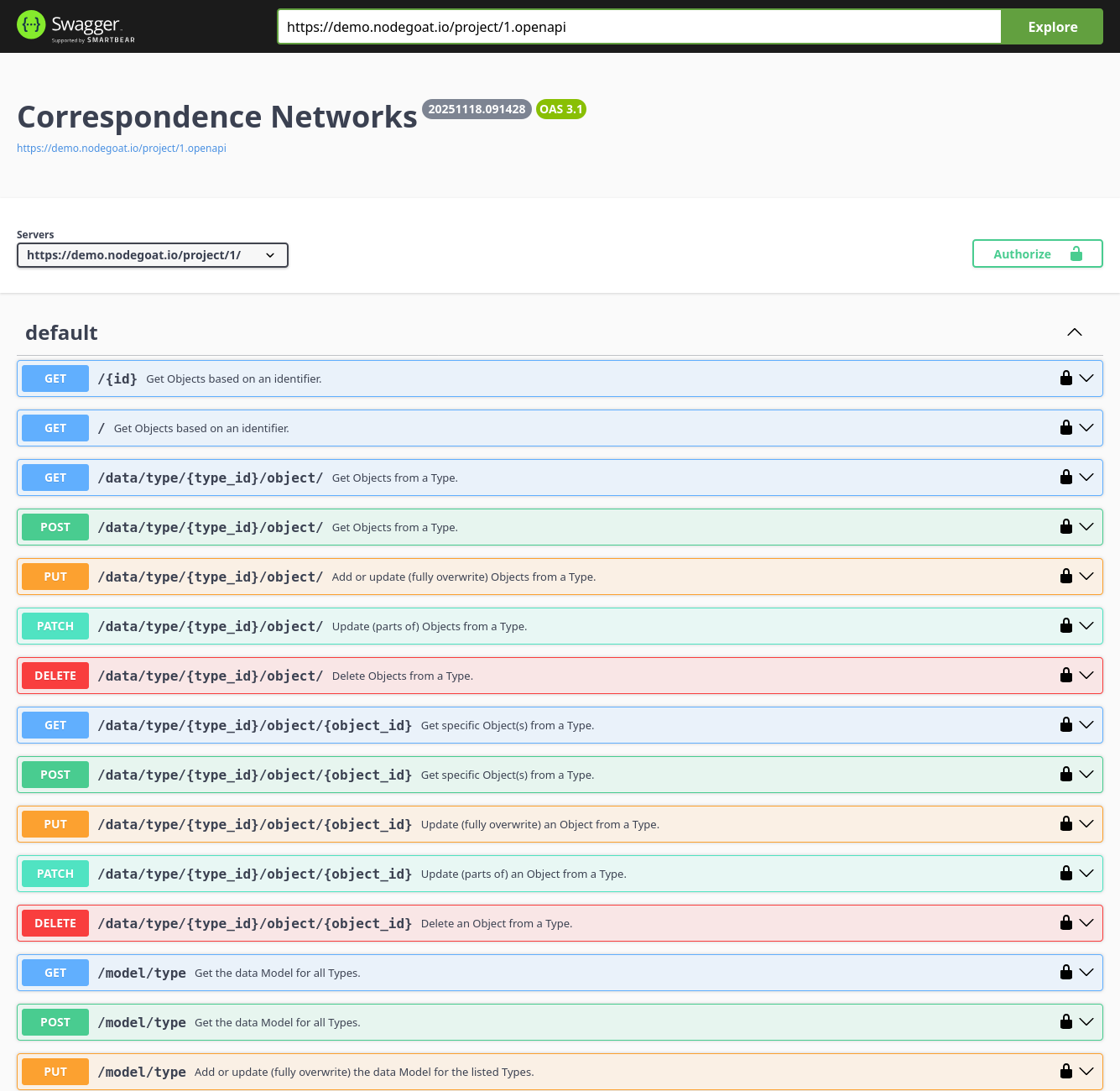Mapping the 800 year history of the University of Padova
CORE AdminThe University of Padova will have its 800 year anniversary in 2022. To celebrate this occasion the university will create a database that contains information on selected scholars that have studied or taught at the university. nodegoat will be used to store, analyse, and visualise this data.
Cristina La Rocca, professor of Medieval History at the University of Padova, and Andrea Caracausi, associate professor of Early Modern History at the University of Padova, lead the project. Pierluigi Terenzi is responsible for the management of the nodegoat database, while the postdoctoral researchers Giulia Zornetta, Dennj Solera, and Andrea Marti provide assistance in data collection processes.
